Wilmington University introduced the eight faculty members that will help build its new law school.
Jefferey Zavrotny, associate dean for law admissions, said the school has had about 40 applicants thus far for the first classes, which begin this fall.
Dean Phillip Closius said they expect about 100 students to enroll in its first year.
Closius was the dean of the University of Baltimore School of Law for four years and also taught at the University of Toledo School of Law for 28 years before joining WilmU.
The school is not yet accredited by the American Bar Association, but Closius said it should be by March 2025, a year before its first class takes the bar exam.
WilmU’s website now lists the required courses, which include 29 first-year credits, 38 upper-level credits and 19 elective credits.
Originally, WilmU planned on making the night sections exclusively online, but the ABA forbids the online-only option until the school has earned provisional accreditation.
MORE ON LAW SCHOOL: WilmU law school to start with 100 students, be accredited by 2025
MORE ON LAW SCHOOL: WilmU to start its own law school
All night courses, except the contracts class, will be in-person.
All eight professors said that they share the passion for the accessibility and affordability that the university has been promoting.
The cost for full-time students will be $24,000 per year and $18,000 for part-time students, which the Closius said is the cheapest tuition of any law school in the region.
To compare, Widener University’s Delaware Law School (the only other law school in the state) costs a first-year, full-time student $57,376 per year and part-time students $43,032.
Edson Bostic
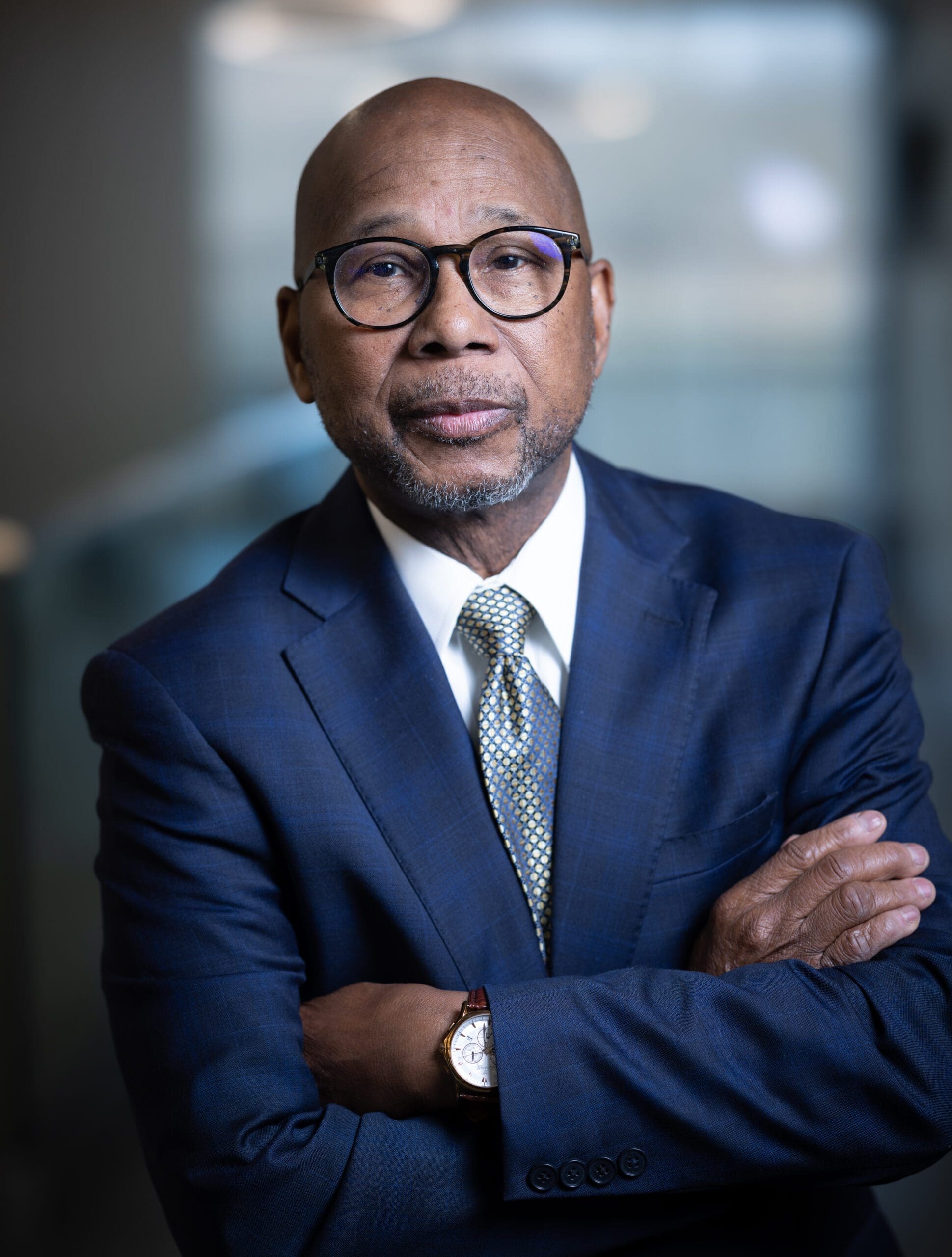 Bostic, a former federal public defender for 25 years and the chief federal defender for the U.S. District of Delaware from 2006 to 2021, will teach criminal law.
Bostic, a former federal public defender for 25 years and the chief federal defender for the U.S. District of Delaware from 2006 to 2021, will teach criminal law.
“He has probably the most trial experience in criminal law, certainly in the state, and maybe in the country,” said Closius. “He has spent a lifetime devoting himself to representing indigent criminal defendants.”
Growing up in Barbados, Bostic’s mom always pushed him to be a lawyer. Bostic graduated from Rutgers University School of Law and has taught at the Temple, Widener and Rutgers law schools.
He said that the inclusivity and opportunity that WilmU’s law school promises attracted him to join the faculty.
Veronica Finkelstein
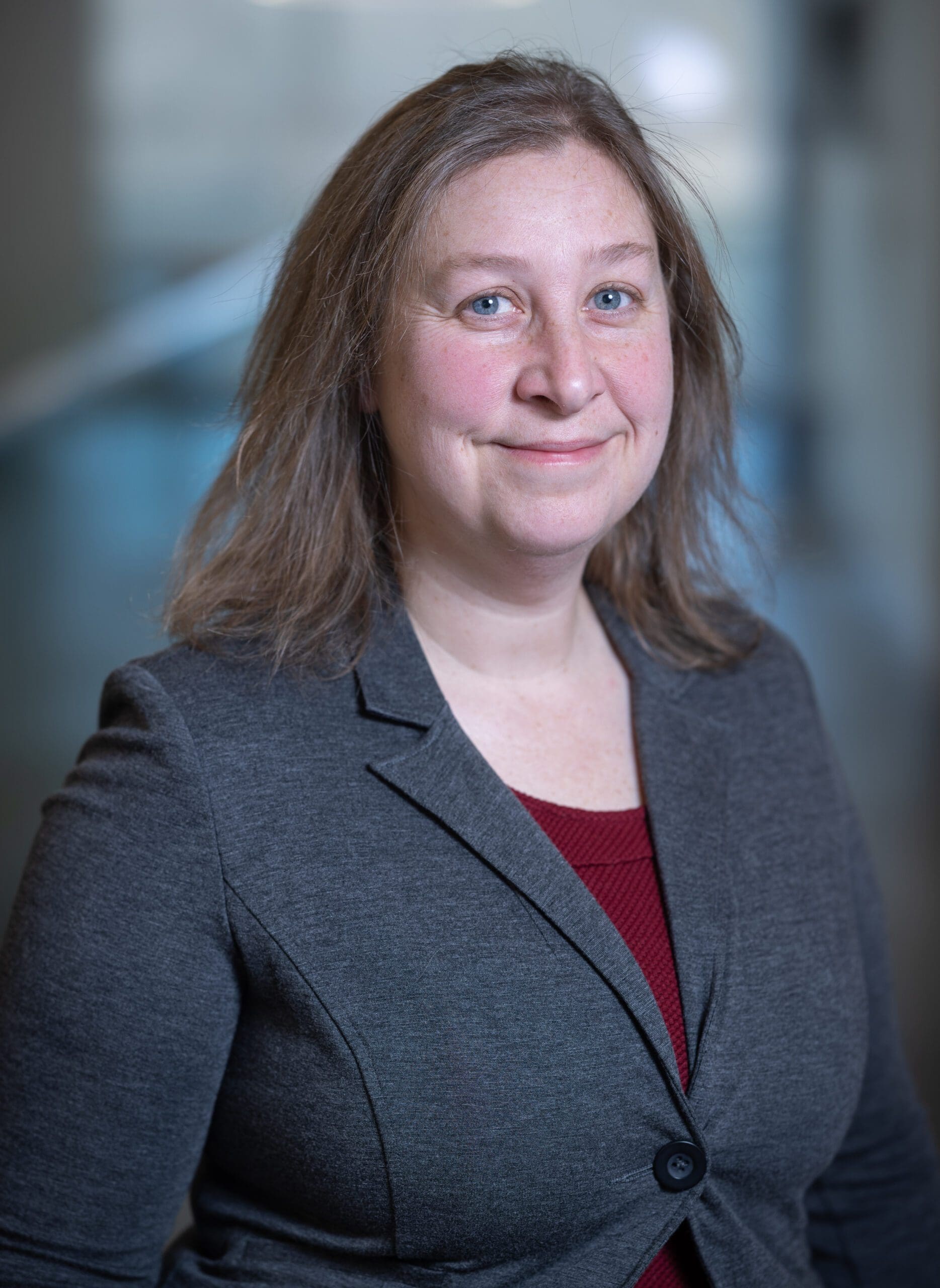 “I absolutely love the law,” said Finkelstein, who has won the teacher of the year award at Rutger University – Camden every year since 2007.
“I absolutely love the law,” said Finkelstein, who has won the teacher of the year award at Rutger University – Camden every year since 2007.
“I don’t complain about long hours. I have the best job you could possibly have, and I know the reason that I love the law is because I had a great professor in law school, who showed me how to really unlock the power of the law.”
She hopes to show her students that power, and highlight how the law makes a difference for individuals and collectively as a functional society.
“I love to teach, and I want to be that teacher,” she said. “I want to be that person who makes the difference for the students at our law school.”
Before this role, she worked for the U.S. Department of Justice office in Philadelphia, where she was an assistant U.S. attorney who helped train up-and-coming attorneys at the office.
Along with teaching at Rutgers, she was an adjunct professor at Drexel University’s law school.
“Going from one dream job truly to another dream job and getting to do what I love to do full time,” she said, “I’m very appreciative and thrilled to join.”
She’ll help create the trial advocacy program, which the school expects to receive national recognition for “fairly soon.”
Michael Hornzell
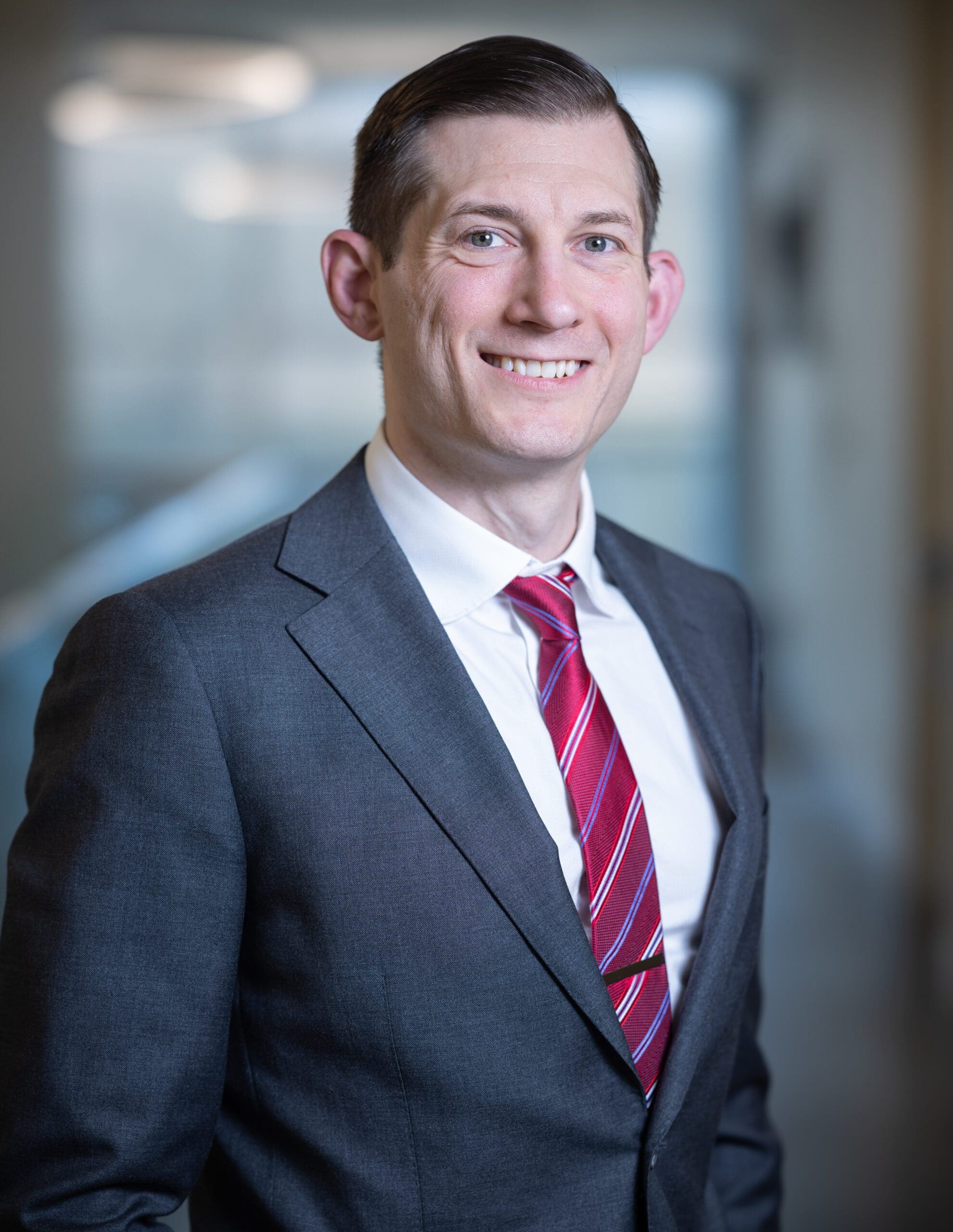 Hornzell was a tutor and wrestling coach for the University of Maryland Baltimore County before he earned a law degree from Harvard Law School in 2021. He has been the clerk for the U.S. Third Circuit Court since then.
Hornzell was a tutor and wrestling coach for the University of Maryland Baltimore County before he earned a law degree from Harvard Law School in 2021. He has been the clerk for the U.S. Third Circuit Court since then.
He said he’s prioritizing making deeply rooted, long-lasting connections with his students.
Mentorship and community service is rooted in his career and personal life.
Since this is the First State’s second law school, Hornzell compared WilmU’s law school to a startup company.
“You have more flexibility, more opportunities to shape what the future is going to look like,” he said. “There’s no tradition to break or adhere to.”
It’s exhilarating that they have a blank slate to start their own traditions and build their own culture, he said.
He’ll teach property law and legal writing in the fall.
Alisa Klein
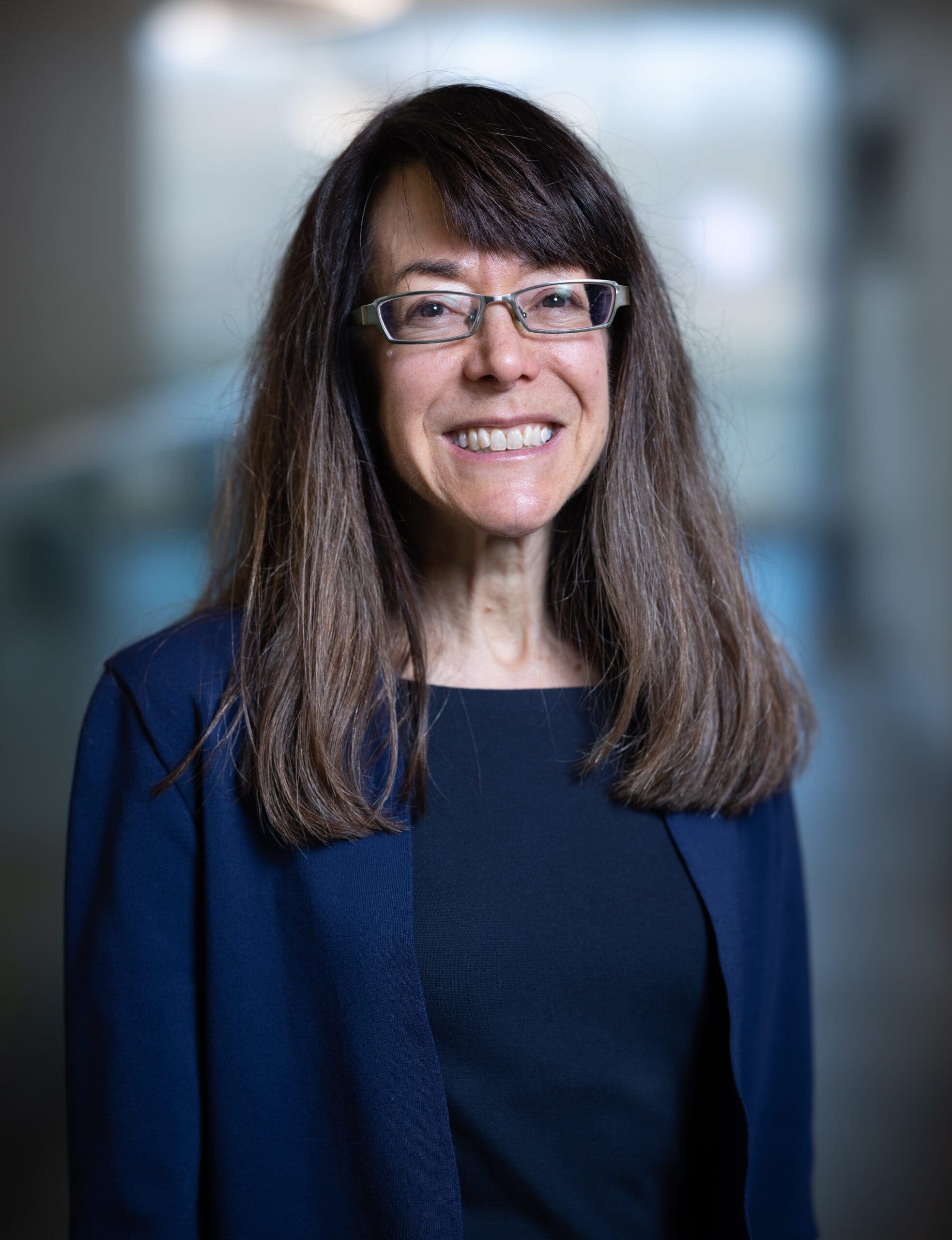 Klein said the reason she left her dream job of 27 years handling appeals in the civil division at the Department of Justice to join WilmU boiled down to four things: the accessibility and affordability of the program, the ambition to diversify the workforce of law professionals and the student-centered approach that often is lost at other law schools.
Klein said the reason she left her dream job of 27 years handling appeals in the civil division at the Department of Justice to join WilmU boiled down to four things: the accessibility and affordability of the program, the ambition to diversify the workforce of law professionals and the student-centered approach that often is lost at other law schools.
Like Hornzell, she liked the flexibility of a new school to be able to tailor the curriculum and requirements to its student body, who often work multiple jobs or have children.
“We will be calling upon lots and lots of practitioners in Delaware and beyond to take placements for our students, and they will emerge with the skills they need and the professional relationships already in place,” she said.
Klein previously was a clerk for Supreme Court Justice Ruth Bader Ginsburg.
Closius called that experience “the gold standard in legal education resumes.”
A graduate of Harvard Law School, she currently teaches political science at Haverford College in Pennsylvania.
She’ll join in the fall of 2024 and will teach constitutional law.
Nicole Mozee
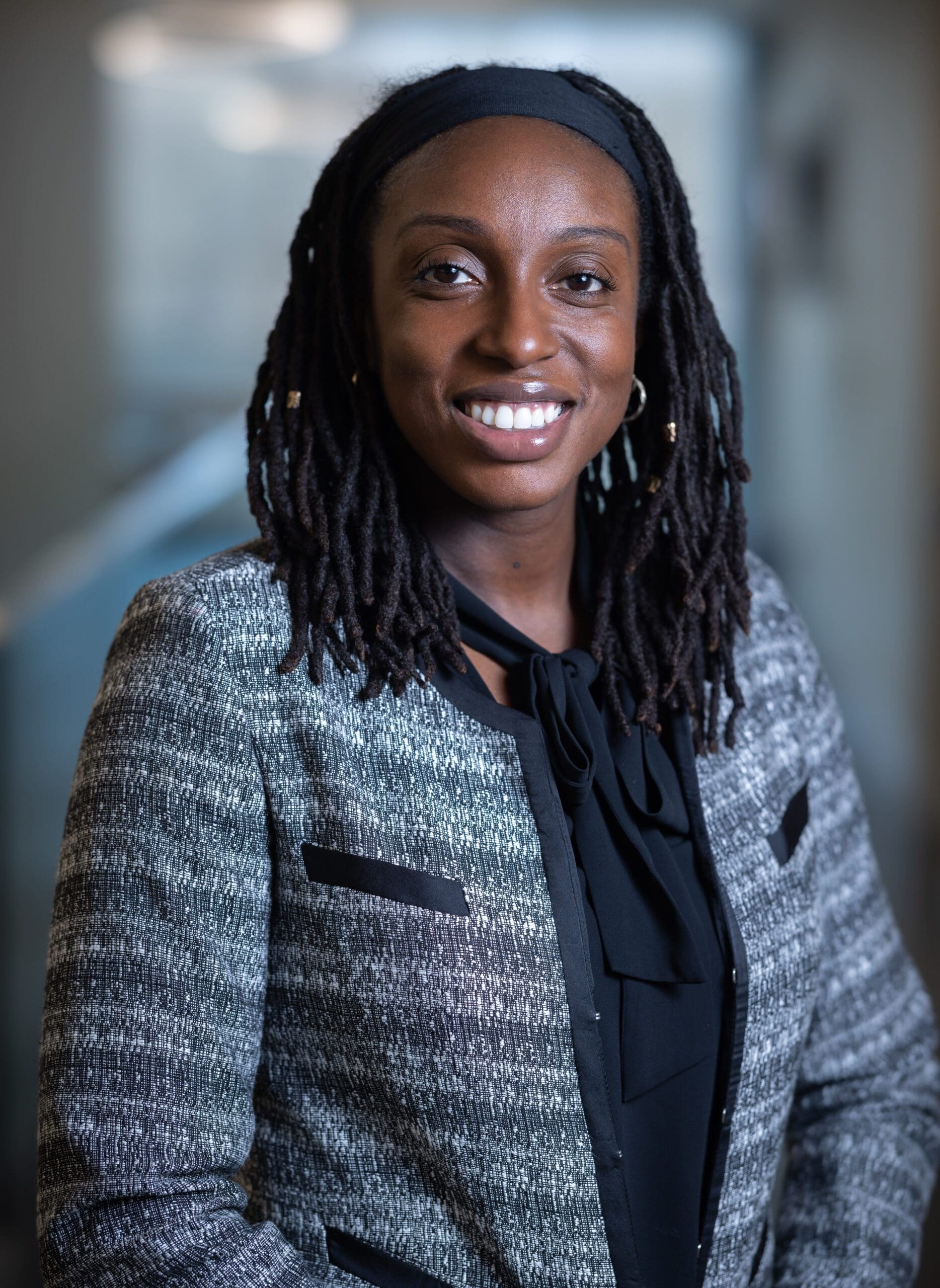 An advocate for civil liberties and social justice, Mozee has been teaching for a few years as an adjunct professor at WilmU in their legal studies program.
An advocate for civil liberties and social justice, Mozee has been teaching for a few years as an adjunct professor at WilmU in their legal studies program.
“I just adore teaching and I’m very passionate about students getting not only the doctrinal understanding of the curriculum, but also the practical experience of what it means to take this outside of the classroom,” she said.
She’s a first-generation college graduate, earning a law degree from New York Law School in 2016.
Along with her time as a legal counsel for Gov. John Carney, Mozee works in advocacy and outreach efforts, including hate crimes education, criminal justice reform, voting rights and discrimination.
The Delaware Business Times named her a “Top 40 under 40 Professional” in 2019.
Lawrence Ponoroff
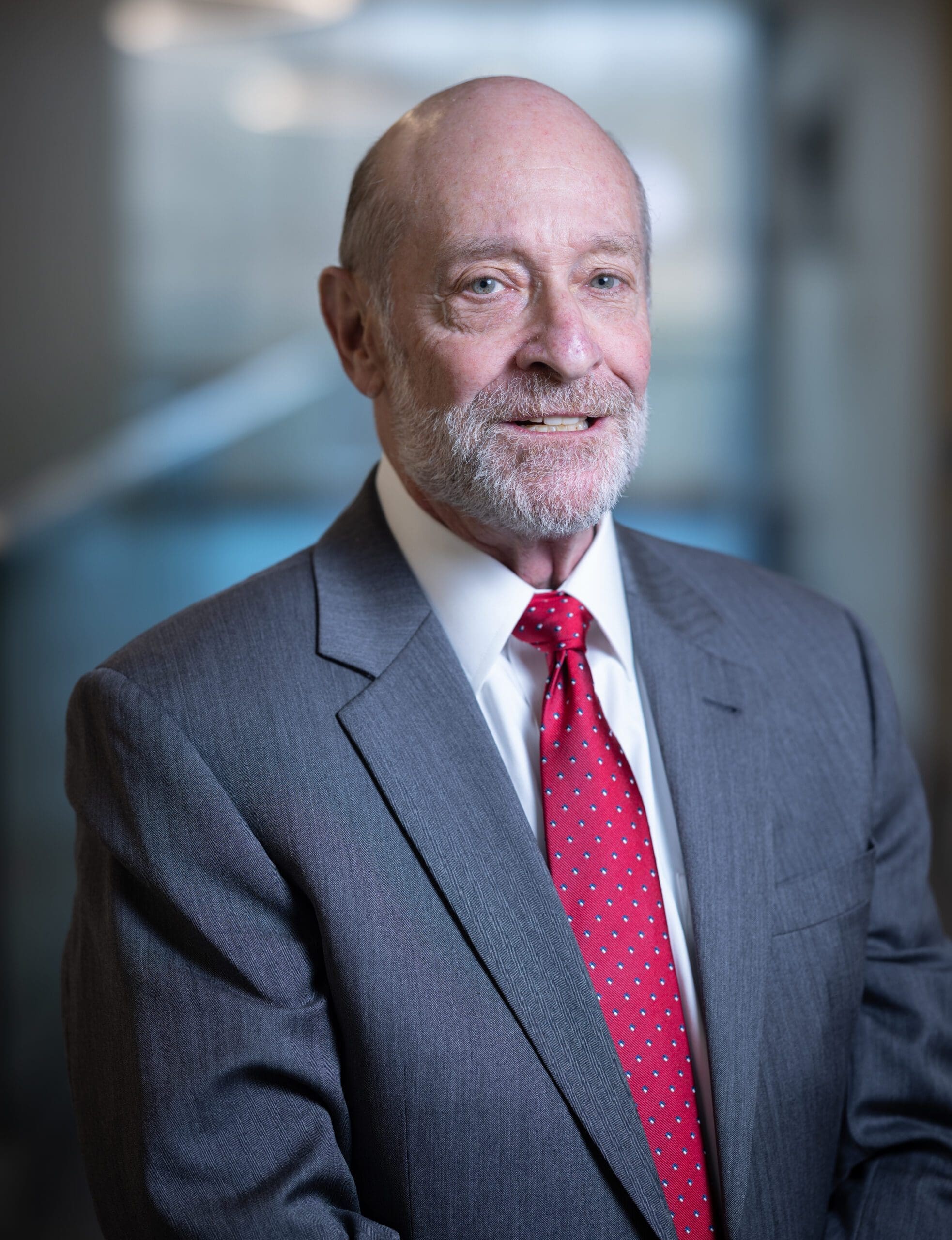 Ponoroff, who has written dozens of books and publications relating to law, will teach a contracts class.
Ponoroff, who has written dozens of books and publications relating to law, will teach a contracts class.
He previously served as a professor at Tulane University School of Law, University of Arizona College of Law and Michigan State University School of Law.
He earned his degree from Stanford Law School.
There’s been a disturbance in law education, he said.
“That trend has been a de-emphasis on the core educational missions of the institution,” he said.
The first question with any decision that’s been made in forming the WilmU law school has always been, “how will this impact or help out students,” he said.
“What we’re in the business of doing is training bright, young and sometimes just young at heart, people to be leaders in their profession,” he said.
Alex Smalls
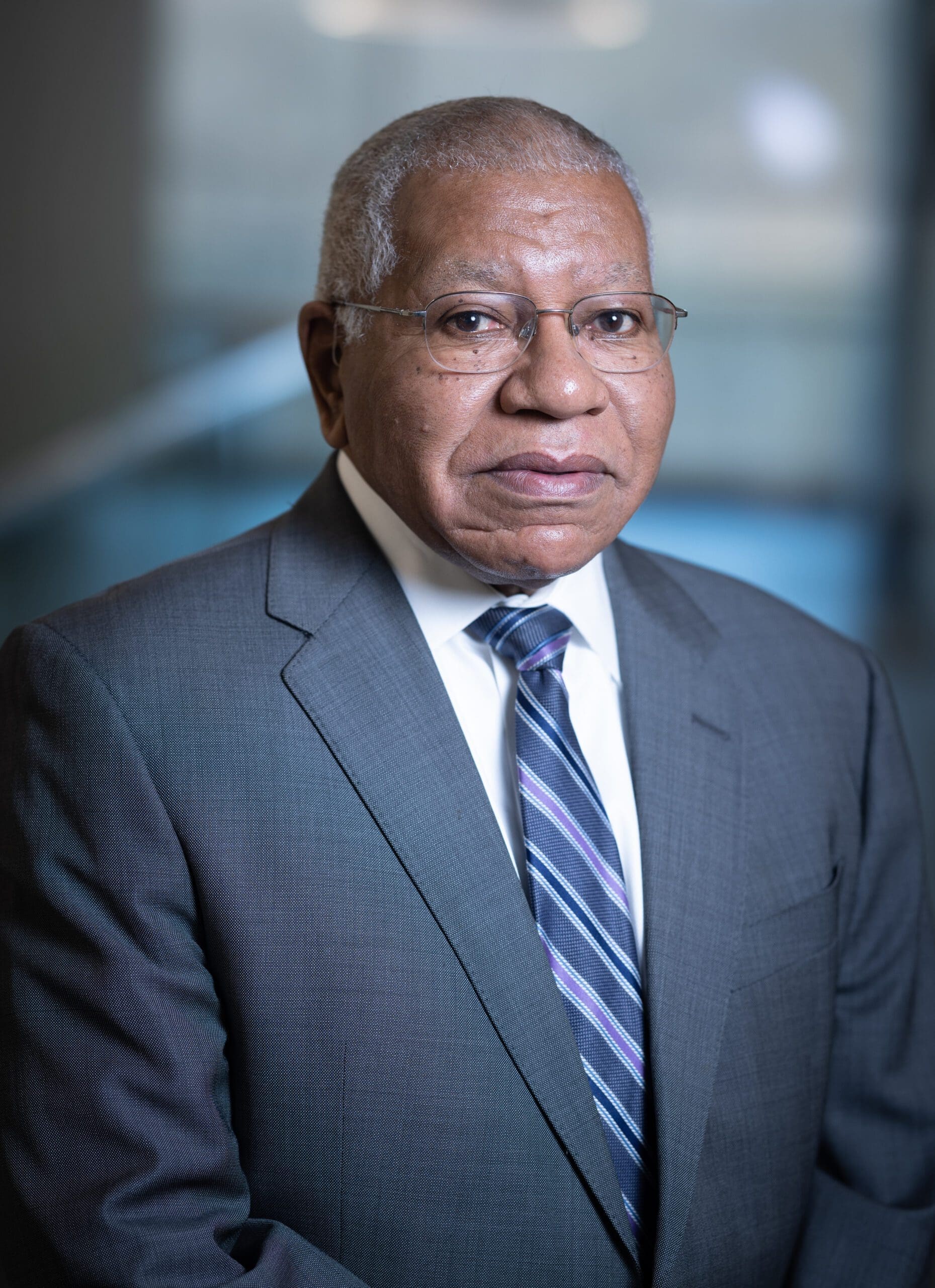 Smalls is joining WilmU’s law school faculty to give a real education that students can use at a cost that doesn’t burden them for the rest of their lives.
Smalls is joining WilmU’s law school faculty to give a real education that students can use at a cost that doesn’t burden them for the rest of their lives.
The first Black person to become a chief judge of a state court, Smalls was appointed in 1997 as the chief judge of the Delaware Court of Common Pleas.
His degree is from Rutgers University School of Law.
Smalls has previously served on the Governor’s Justice Reinvestment Task Force, the Delaware Racial Justice Improvement Project Task Force and the Delaware Criminal Justice Council.
He’s hoping to prepare young lawyers for a lifelong service to their communities.
In the fall, Smalls will teach civil procedure.
Patricia Wise
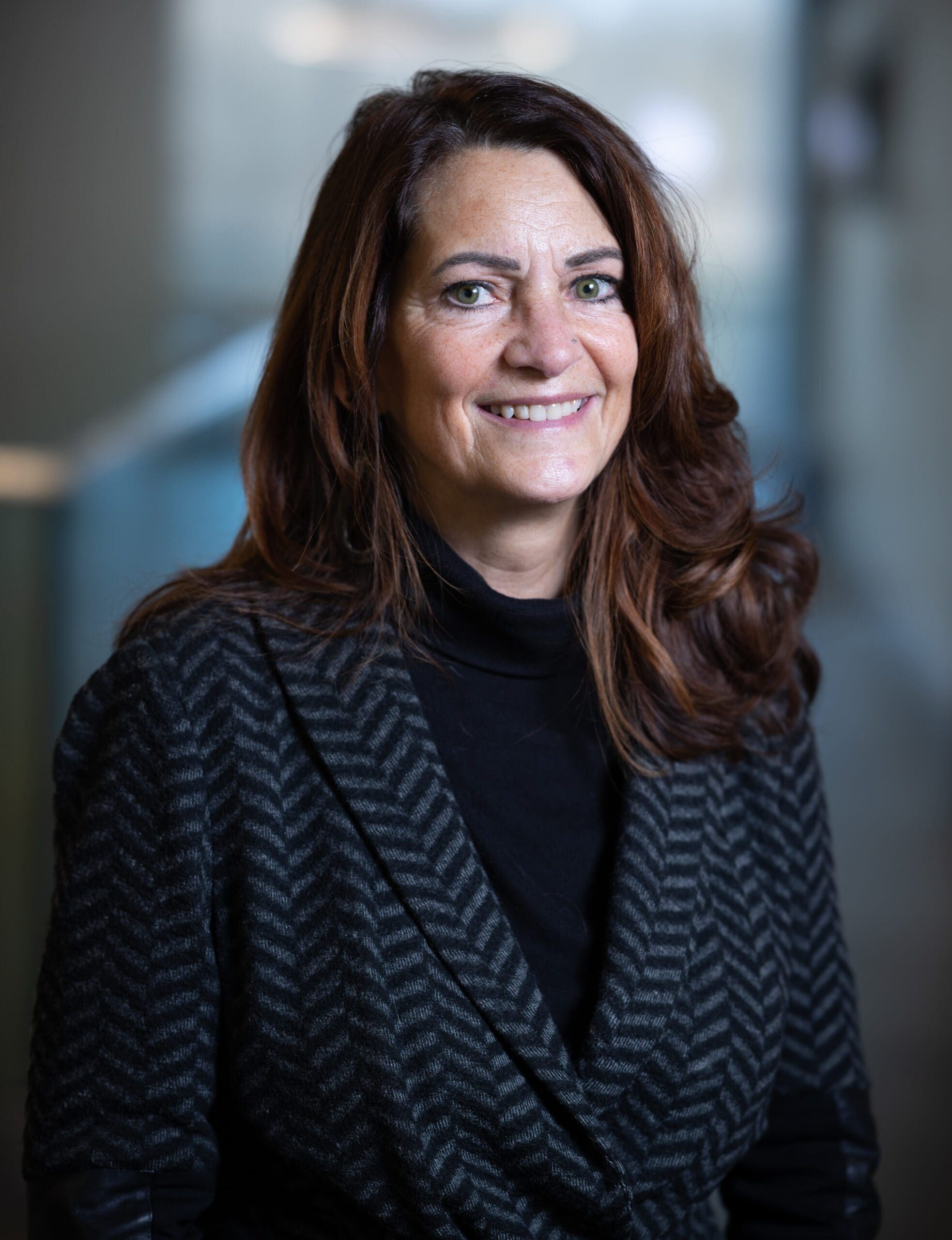 Wise earned her degree from the University of Toledo College of Law in Ohio, where she’s worked as a part-time professor for two decades.
Wise earned her degree from the University of Toledo College of Law in Ohio, where she’s worked as a part-time professor for two decades.
She has trained thousands in civil rights and employment law.
The school of law aligns with her belief of serving both traditional and nontraditional students.
“There are so many aspiring attorneys who want to serve your communities, who want to work in the field of social justice,” she said.

Raised in Doylestown, Pennsylvania, Jarek earned a B.A. in journalism and a B.A. in political science from Temple University in 2021. After running CNN’s Michael Smerconish’s YouTube channel, Jarek became a reporter for the Bucks County Herald before joining Delaware LIVE News.
Jarek can be reached by email at [email protected] or by phone at (215) 450-9982. Follow him on Twitter @jarekrutz
Share this Post





